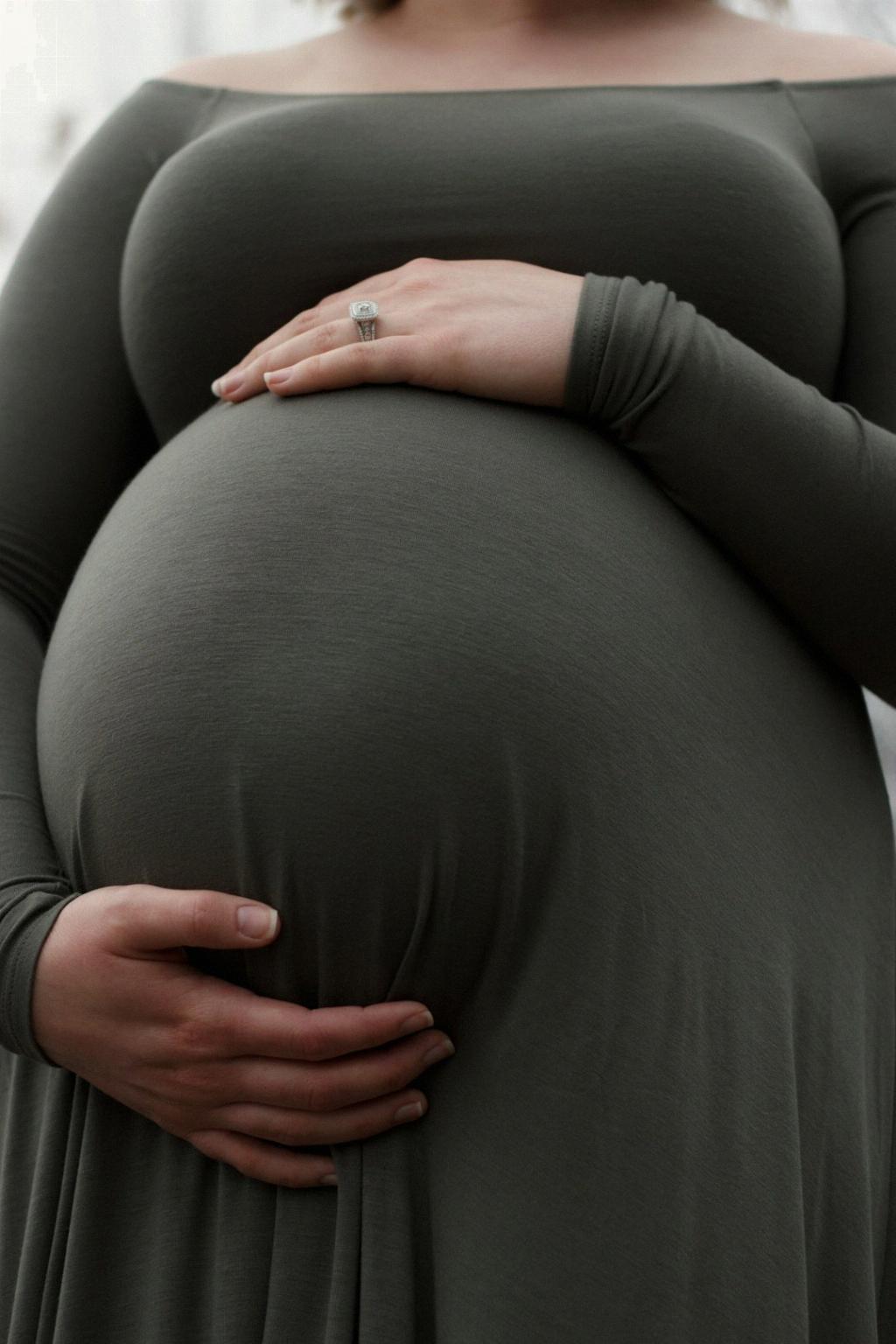Embarking on the incredible journey of pregnancy brings about numerous changes to both mind and body. From the moment of conception, a series of intricate processes begin to occur within the female body, preparing it for the forthcoming task of nurturing new life.
The Initial Stages of Pregnancy
During the early stages of pregnancy, it is common for women to experience feelings of fatigue and, in some cases, nausea accompanied by vomiting. These symptoms, often referred to as morning sickness, are part of the body’s natural response to the hormonal shifts taking place.
Weight Gain and Distribution
Weight gain is an inherent aspect of pregnancy, with most women gaining around 1 to 2 kilograms in the initial stages. This weight gain primarily occurs in the placenta, breasts, uterus, and the increased volume of blood circulating in the body.
Physiological Changes
Throughout pregnancy, the body undergoes a multitude of physiological changes to accommodate the developing fetus. The heart rate and respiratory rate increase to support the heightened metabolic demands of pregnancy.
Development of the Placenta
The placenta plays a vital role in pregnancy, serving as the link between the mother and the developing baby. It provides essential nutrients and oxygen to the fetus while aiding in the removal of waste products.
Expanding Uterus
As the pregnancy progresses, the uterus undergoes significant changes to accommodate the growing fetus. The uterus expands in size, gradually pushing against other organs in the abdominal cavity.
Changes in Breast Tissue
Amidst the myriad transformations occurring in the body, the breasts also undergo changes in preparation for lactation. The mammary glands increase in size and sensitivity, getting ready to nourish the newborn.
Emotional and Psychological Shifts
Pregnancy is not just a physical journey but also a deeply emotional and psychological one. Expectant mothers may experience a range of emotions, from joy and excitement to anxiety and apprehension, as they prepare for motherhood.
Hormonal Fluctuations
The hormonal milieu of pregnancy is dynamic, with estrogen and progesterone levels rising significantly to support fetal growth and maternal adaptation. These hormonal fluctuations can impact mood, appetite, and other bodily functions.
Formation of Amniotic Fluid
One of the key developments during pregnancy is the formation of amniotic fluid, which surrounds the fetus in the amniotic sac. This fluid provides cushioning and protection for the developing baby, ensuring a safe and secure environment.
Maternal Blood Volume Expansion
To meet the growing demands of pregnancy, the body increases its blood volume substantially. This expansion helps in supplying nutrients and oxygen to both the mother and the fetus, maintaining optimal physiological function.
Critical Milestones in Pregnancy
As each trimester unfolds, from the delicate stages of implantation to the miraculous moment of birth, the body undergoes a remarkable transformation to support the growth and development of new life. Pregnancy is a testament to the remarkable capabilities of the human body and the profound journey of motherhood.

